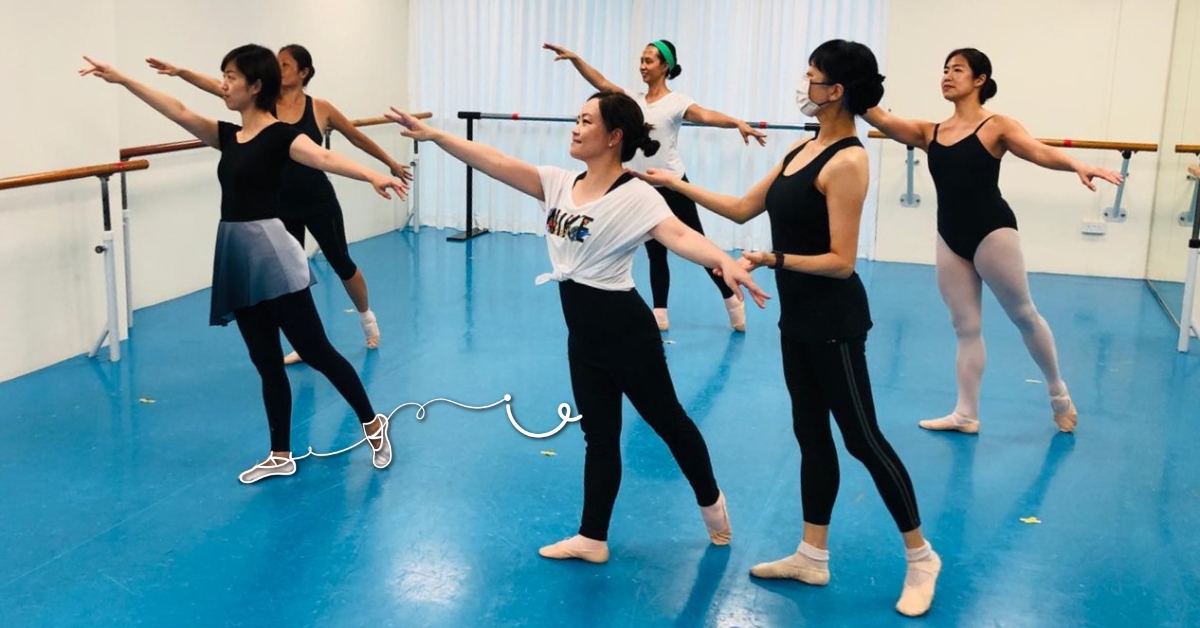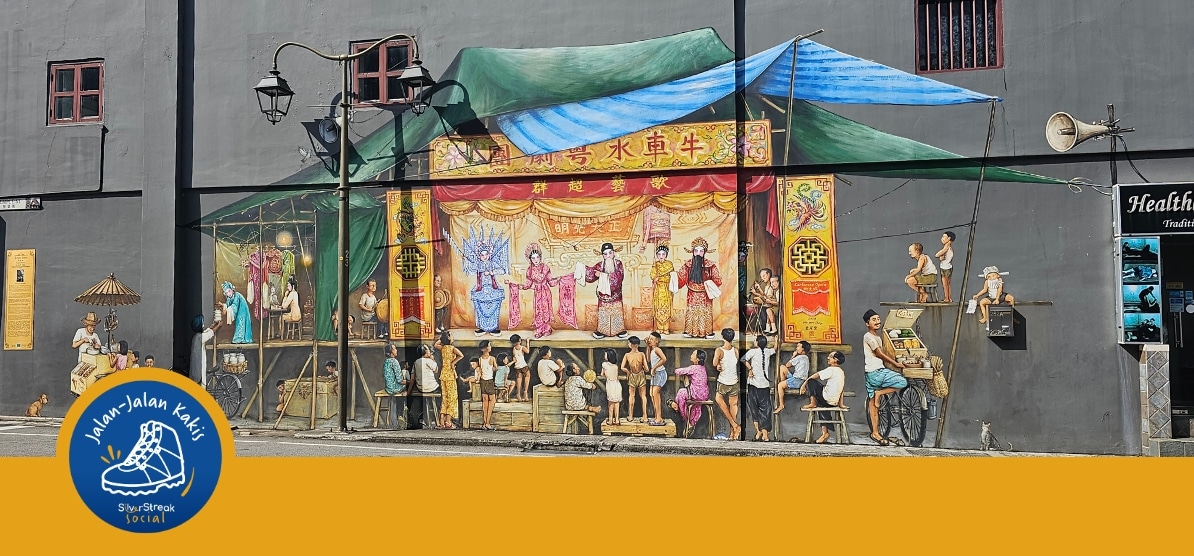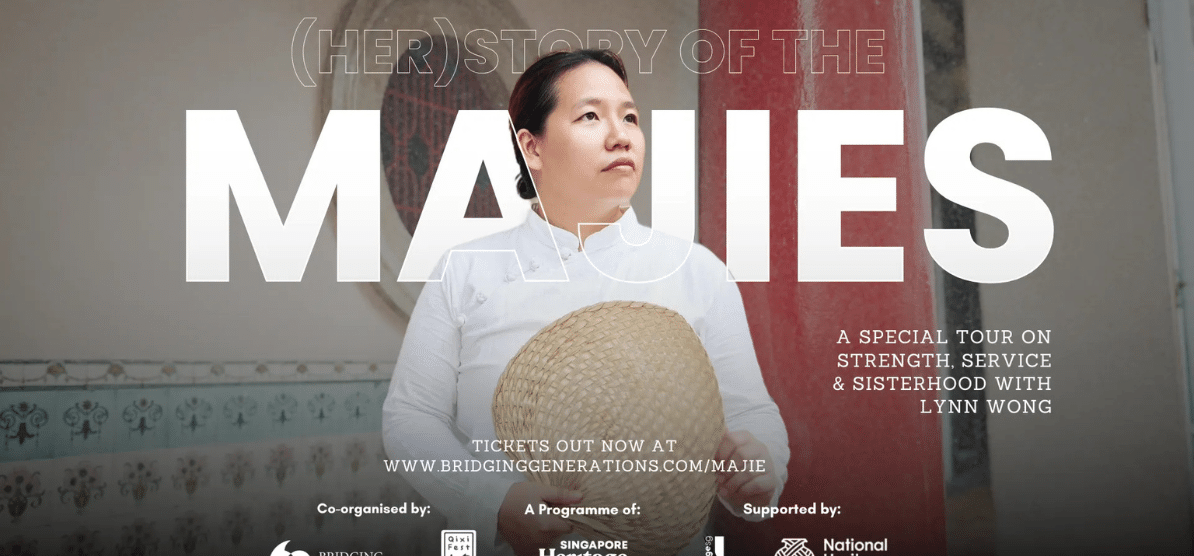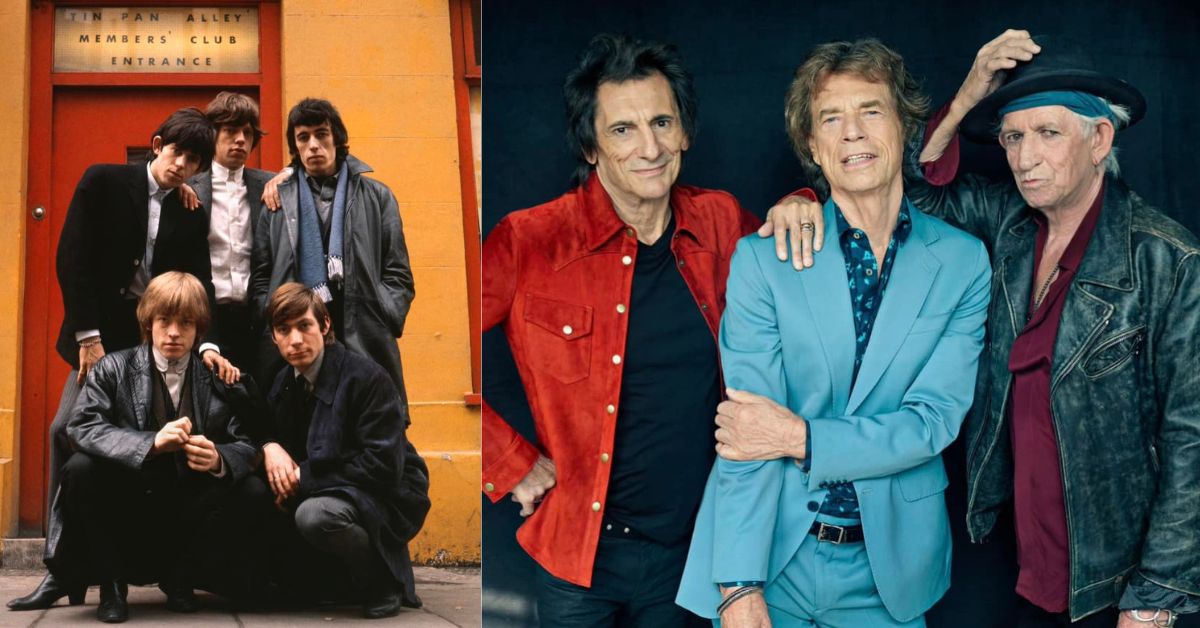
Not long ago I read an article about ageing athletes who refuse to retire.
Instead, they keep plugging away although time has exacted a toll on their bodies and their physical capabilities aren’t what they used to be.
One example given was 36-year old British tennis champion Andy Murray who has lost four times in the first round of tournaments entered this year and whose win-loss record for 2022 was 16-17.
The other was Muhammad Ali, who in 1980 was mauled over 10 rounds by Larry Holmes before his corner threw in the towel.
In 1981, Ali was so badly beaten by Trevor Berbick that the Washington Post wrote “He lay on his training table. His twin daughters, 10 years old, wept. His wife, Veronica, stood in silence.”
Advertisement
Can athletes overcome the effects of ageing?
The article asked: Is our view of these top athletes in any way diminished if they refuse to accept the inevitable and overstay their abilities?
The answer was no.
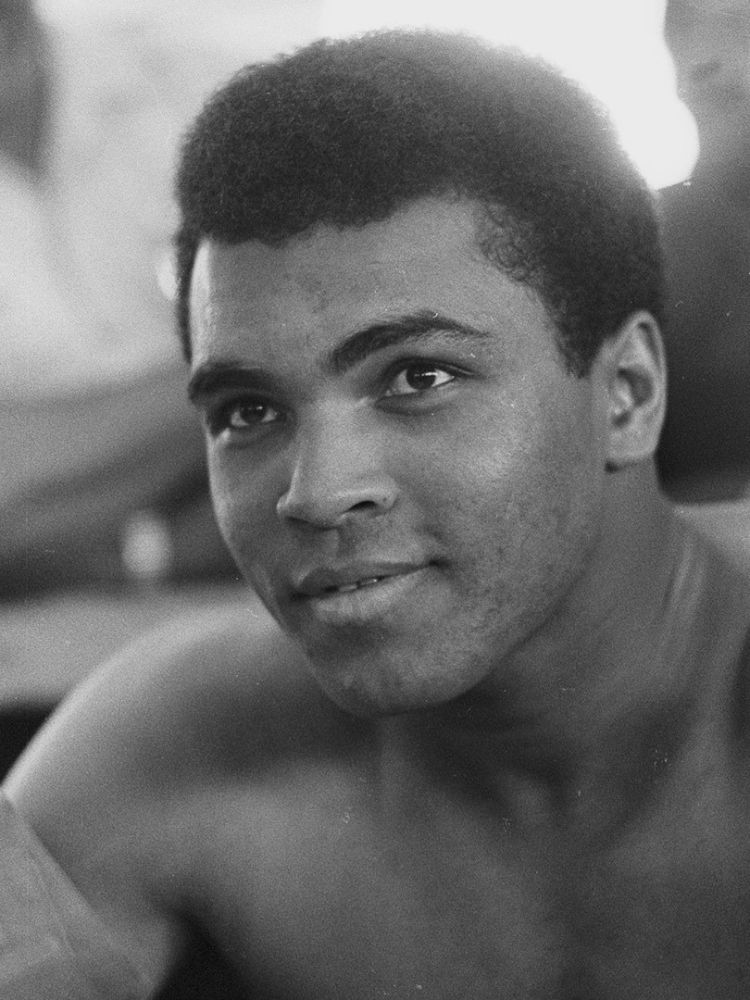
Even the sight of Ali stumbling in the ring and being roundly beaten to a pulp by fighters that he would have normally eaten for breakfast doesn’t tarnish the image we have of him as a peerless boxer.
This is because the memory of him dancing rings around Liston, Frazier or Foreman will forever be etched in the public’s collective memory and cannot be damaged by the farcical bouts in his later years.
At what point does bravely soldiering on start to damage his legacy?
Similarly, one has to admire Murray, of whom a BBC reporter asked after yet another loss in January,
Tarnishing my legacy? Do me a favour. I’m in a terrible moment right now, I'll give you that. Most people would quit and give up in my situation right now. But I’m not most people and my mind works differently. I won’t quit. I will keep fighting and working to produce the performances I know I’m capable of.
Murray hit back:
Is there a difference between ageing athletes and musicians?
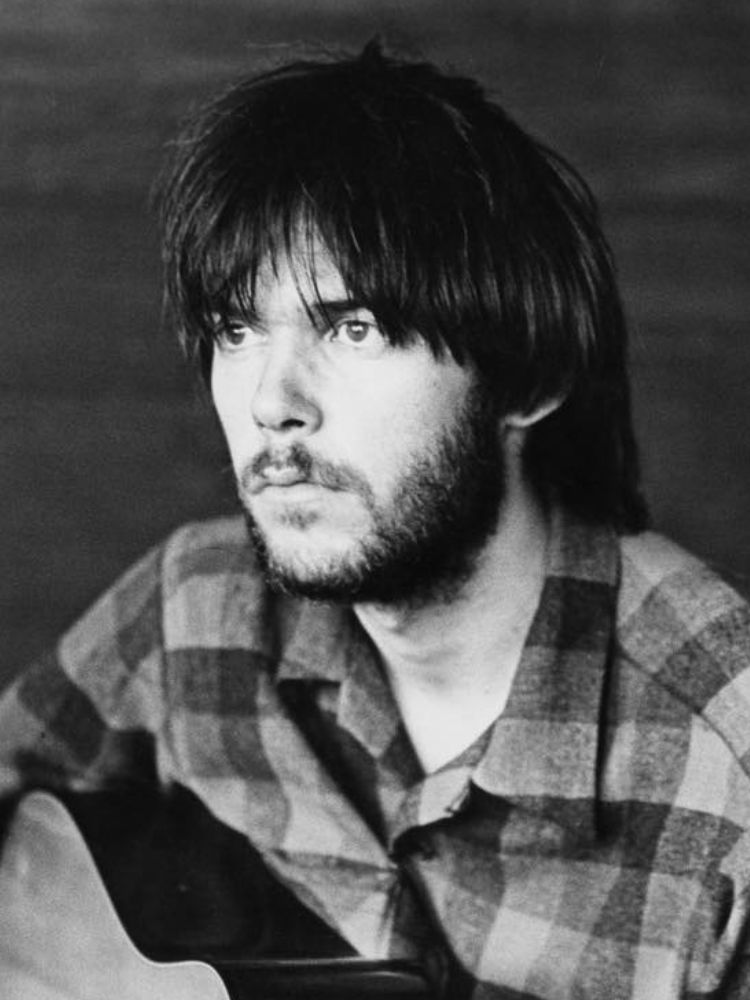
I’m reminded that Canadian Grammy award-winner Neil Young once sang that “it’s better to burn out than fade away”.
The 78-year old Young, whose most famous hit was probably Heart of Gold (1972), is clearly living up to his words, having just released his 45th studio album Before and After, in December 2023.
Young isn’t the only ageing rocker choosing burning out over fading away – do a Google search of ’60s and ’70s musicians still active today and you’ll find these familiar names: 10cc, Bruce Springsteen, The Rolling Stones, The Allman Brothers, Ringo Starr, Paul McCartney, Cliff Richard, The Beach Boys, The Doobie Brothers, Carly Simon, Carlos Santana, Jethro Tull, Uriah Heep, Hawkwind, and many others.
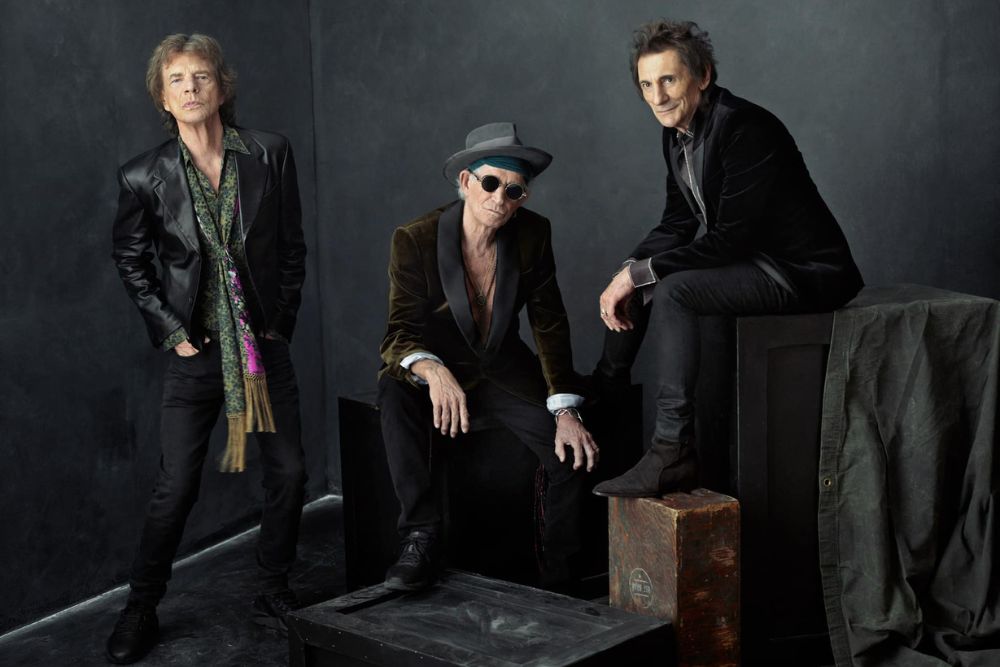
Among the most famous of these musicians’ names is The Rolling Stones, whose ever-constant members Mick Jagger (or Sir Michael to give him his proper title) and Keith Richards are now both 80, and in October last year released an album of new material Hackney Diamonds.
Equally renowned is 81-year old Sir Paul McCartney who released an album McCartney III in October 2020 and whose fans are hoping will soon announce tour dates for 2024.
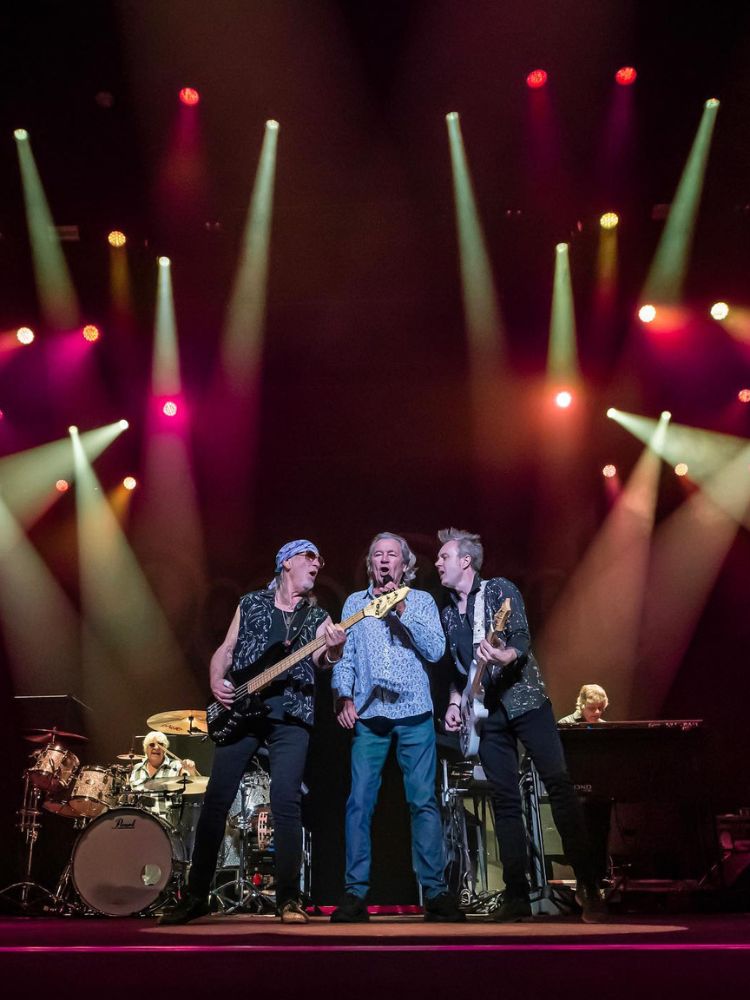
Speaking of touring, it was recently reported that Deep Purple, of Smoke on the Water fame and a band whose roots can be traced back to the late 1960s, will be performing in Singapore in May at Fort Canning.
Only three members of the classic ’70s line up are still around – drummer Ian Paice, singer Ian Gillan (who played Jesus Christ in the ’70s stage version of the rock opera Jesus Christ Superstar) and bassist Roger Glover.
Gillan and Glover are now 78, and Paice is 75. The line-up is completed by 75-year-old, ex-Rainbow keyboardist Don Airey who has replaced the deceased Jon Lord, and 44-year-old guitarist Simon McBride who replaced Steve Morse who left to care full time for his cancer-stricken wife.
Having grown up in the ’60s and ’70s as a fan of the band, will I be attending their May concert?
No.
No.
For me, the reason is simple: I saw them several years ago and cannot bear the sound of a shrivelled Gillan gasping on stage — his vocal prowess severely weakened by age and a pale shadow of what it used to be — desperately trying to reach the notes he used to be able to hit in his youth.
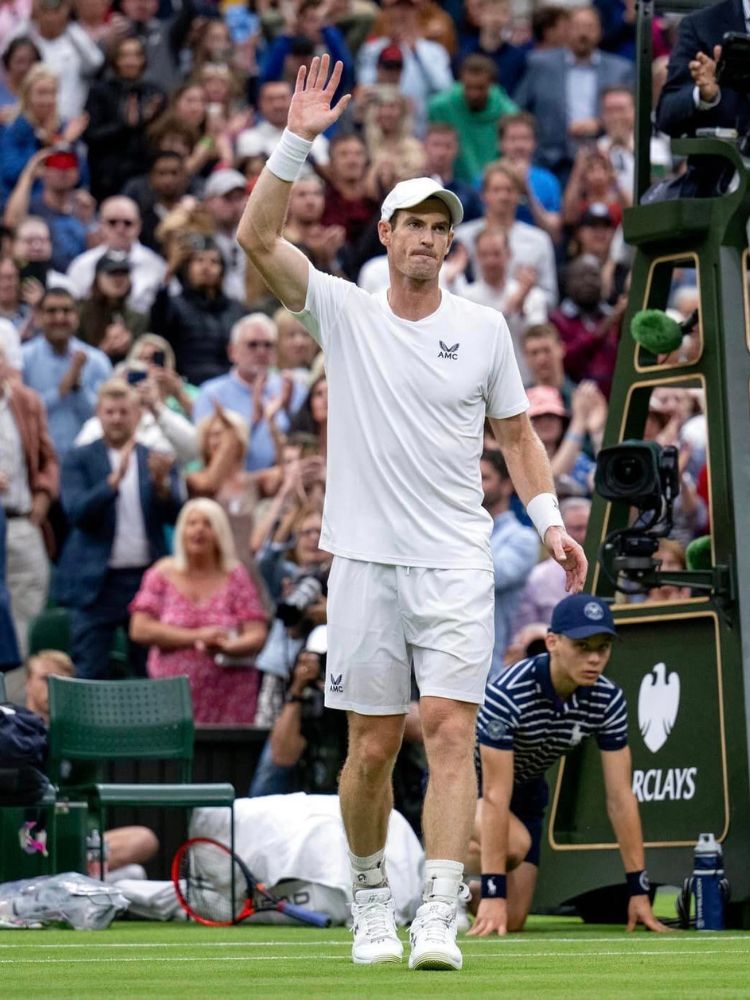
Still, you have to give credit where it’s due – these performers probably don’t need the money so they, like Andy Murray now and Ali before him, are very likely ploughing on simply for the love of their craft.
Some fans might baulk at the idea of 70- and 80-year-old musicians prancing (or creaking) about on stage, whilst others like me – and I daresay you, too – should embrace it.
If they can pull it off and if there’s still sufficient public demand, then why not?
There is, after all, a lot of meaning to burning out rather than fading away.



